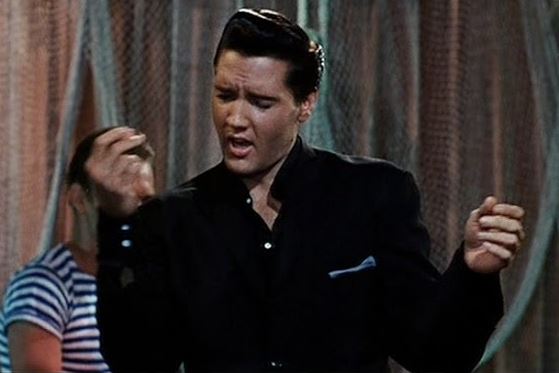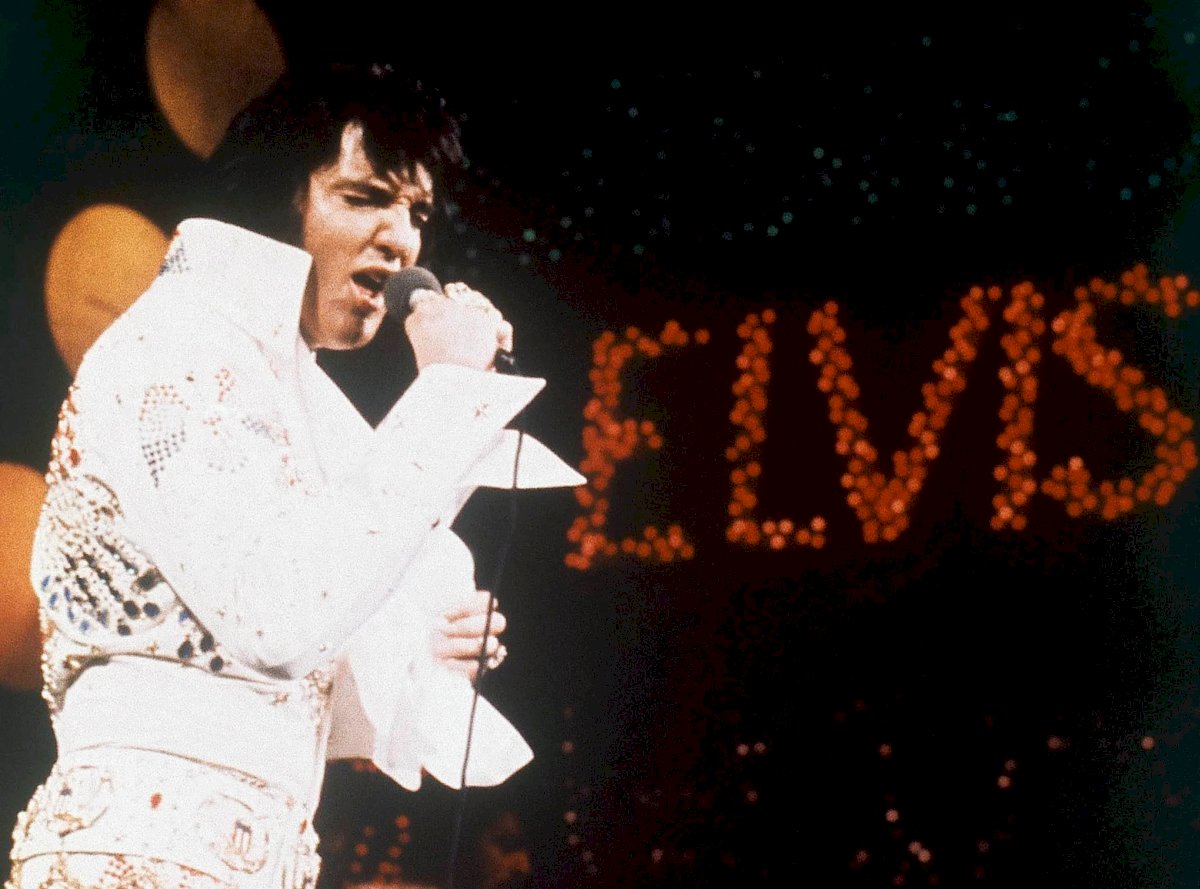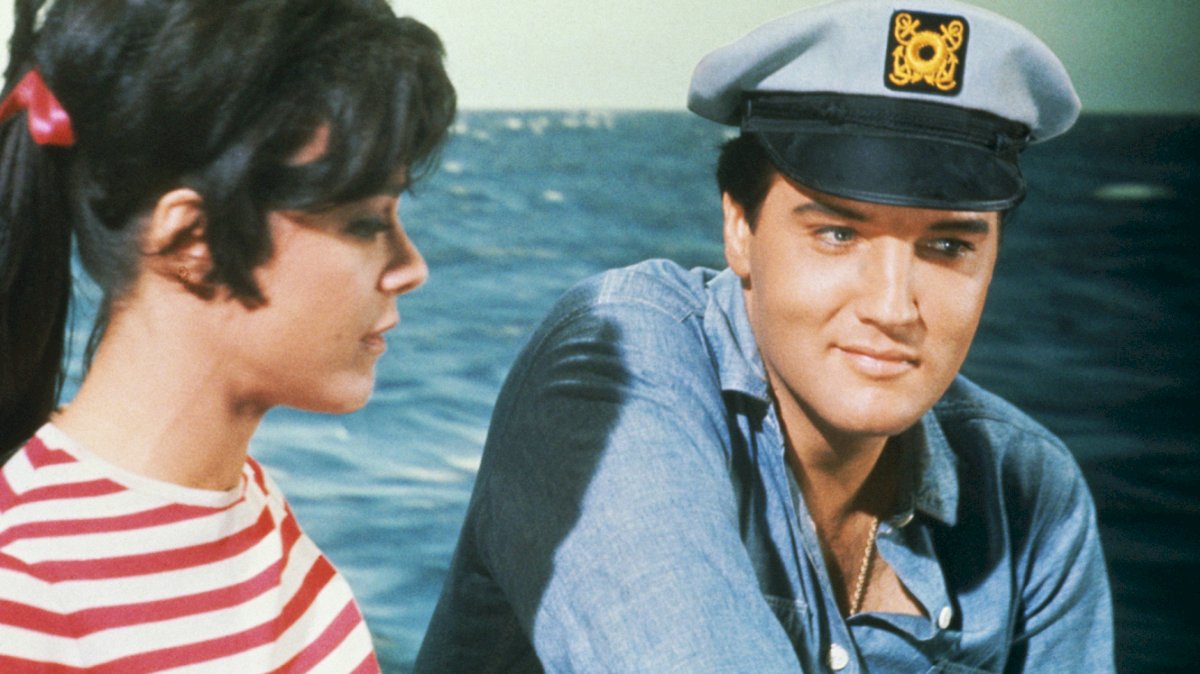In the pantheon of music legends, few figures are as enduring and universally beloved as Elvis Presley. Known as the “King of Rock and Roll,” Elvis’s influence on music, culture, and fashion is unparalleled. But beyond his iconic status and musical prowess, Elvis held a special place in the hearts of young fans across the globe. His rise to fame in the 1950s marked not just the birth of a superstar but also the emergence of a new youth culture that sought to define itself through music, style, and attitude.

Elvis’s appeal to the younger generation was instantaneous and electric. With his slicked-back hair, gyrating hips, and soulful voice, he embodied the spirit of rebellion and freedom that teenagers of the era craved. He broke through the monotony of the post-war period, offering an alternative to the conservative norms that had long governed society. For many young people, Elvis was more than just a singer; he was a symbol of liberation, a beacon of change in a world on the cusp of a cultural revolution.
The connection between Elvis and his young fans was rooted in authenticity. Despite his meteoric rise to fame, Elvis remained grounded and approachable. He never lost touch with the struggles and aspirations of his audience. His songs spoke of love, heartbreak, joy, and pain – universal emotions that resonated deeply with listeners. His music became the soundtrack to the lives of millions, capturing the essence of youth in a way that was both profound and relatable.

Elvis’s live performances were legendary, not just for their energy and showmanship, but for the palpable bond they forged with audiences. Teenagers would flock to his concerts, screaming and swooning, completely captivated by his presence. It was a communal experience that transcended the music itself. For those in attendance, it was a form of validation – their feelings and experiences were being acknowledged and celebrated by someone who seemed to understand them intimately.

The influence of Elvis on young fans extended beyond the concert halls and into the very fabric of society. He inspired a generation to embrace individuality and to challenge the status quo. His fashion – the leather jackets, the colorful suits, the flamboyant stage costumes – became emblematic of a youth culture that dared to be different. Elvis didn’t just wear clothes; he wore statements of identity and self-expression that emboldened his fans to do the same.
Moreover, Elvis’s impact was not limited by geography or culture. He was a global phenomenon, with a fan base that spanned continents. His music and image crossed borders, bringing together young people from diverse backgrounds in a shared admiration for the King. This universal appeal is a testament to the power of his artistry and the inclusivity of his message.

Elvis’s relationship with his young fans was also marked by a sense of mutual respect and gratitude. He was keenly aware of the role his audience played in his success and never took their support for granted. In interviews and public appearances, he often expressed his appreciation for the loyalty and passion of his fans. This humility, rare among stars of his caliber, only endeared him further to the hearts of his admirers.
As the years passed, Elvis’s legacy continued to inspire new generations. His music remained timeless, capturing the imagination of young people long after his passing. The rebellious spirit he championed lived on, influencing countless artists and movements that followed. Elvis was not just a relic of the past; he was a constant presence, a guiding light in the ever-evolving landscape of youth culture.

In conclusion, Elvis Presley’s connection with young fans was a defining aspect of his legend. He was not only a trailblazer in music but also a symbol of youth empowerment. His ability to speak to the hearts of teenagers, to embody their desires and dreams, made him an immortal figure in the annals of popular culture. Elvis showed the world that youth had a voice, and it was loud, clear, and full of life. And for that, he will always be remembered as the timeless icon of youth and rebellion.







